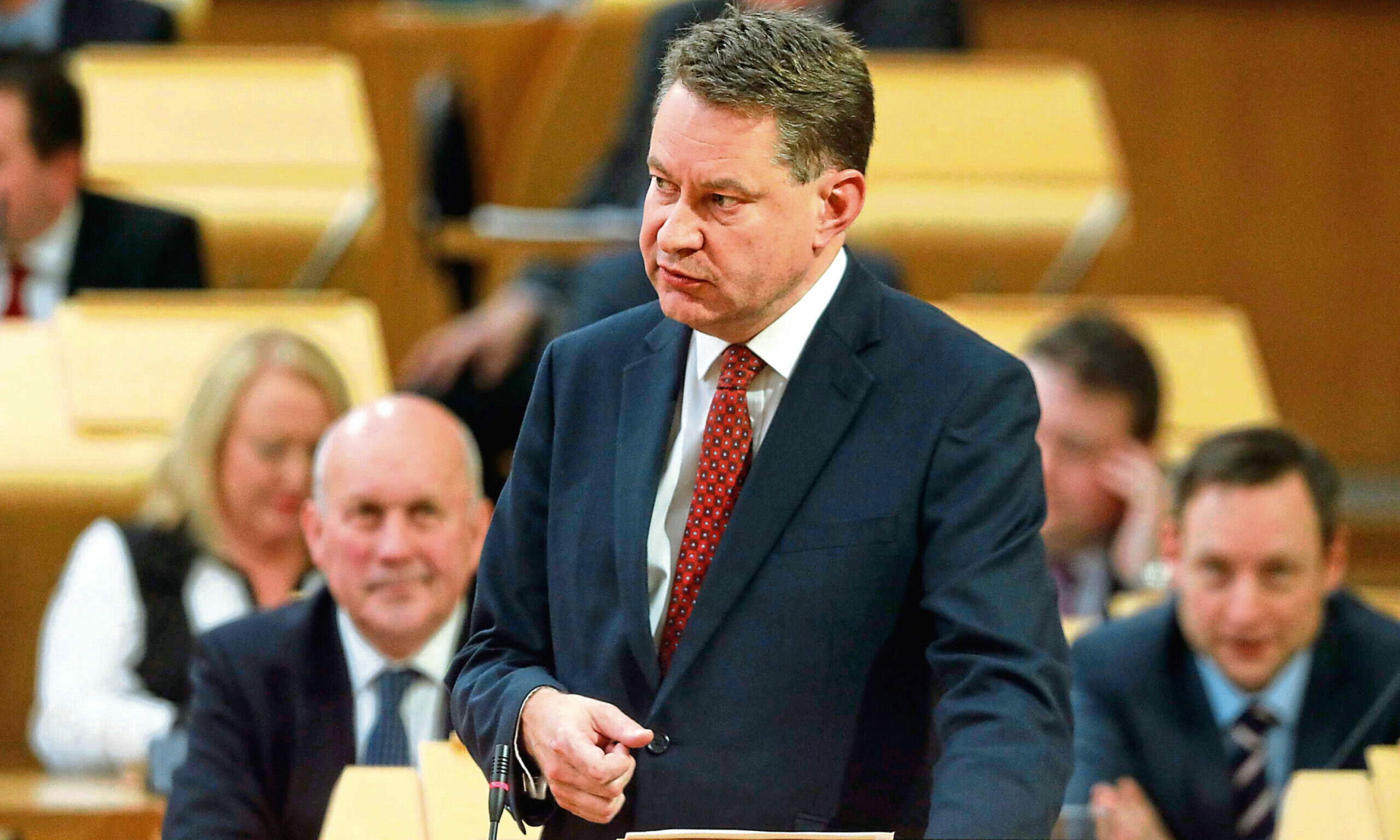Way back in the pre-devolution era, I joined a group of friends for a weekend at a cottage in the countryside.
We took long, bracing walks in inappropriate footwear, attempted to chop logs in that flinching, city-folk way, cooked hearty dinners and, naturally, drank prodigiously.
We were an opinionated bunch, and there was a great deal of talk about the forthcoming Scottish parliament. I remember a Tory friend in the wee hours, cheeks whisky-flushed and eyes wine-glazed, ranting about the iniquities and pitfalls of devolution.
When he finally paused to draw breath, I ventured the point that the establishment of a more localised, accountable democracy was surely a form of progress. He turned a wrathful, woozy gaze on me. “Progress! I’m about to tell you why progress is a terrible idea,” he announced, then promptly fell asleep. I never did find out what he was going to say.
Is progress a terrible idea? Well, no, of course not. Few of us want Holyrood shut down. More importantly, it is much easier today to be a woman or gay or a person of colour or, indeed, poor than it was in the past.
If there remains much to do, great strides have been made in the cause of equality and opportunity. Laws and culture have combined to establish a society that is more liberal and tolerant of difference than at any time in history.
This has largely come about through evolution rather than revolution, though. Building tolerance of the “other” is a slow, painstaking process, and can take generations. While this can be frustrating, and painful for minorities forced to live through the hard years, it is, nevertheless, the safest and surest way to embed change.
If it is to be sustainable and accepted, progress is best managed carefully. Understanding where a population is at, what it’s willing to accept and what will bring it out in hives is a key part of any politician’s toolkit. You must have the ability to understand and empathise with those who disagree, an adept reading of cultural currents and the speed at which they are moving, and an instinct for the smart compromise that will advance the cause at hand, even if the ultimate goal cannot yet be reached.
Gay marriage is a good example of this. You might think it could have been introduced long before David Cameron did so in 2013. But the fact that a step that was once widely contentious was taken with relatively little controversy – the usual suspects aside – owed much to the fact that Tony Blair had introduced civil partnerships for gay couples, with many of the rights and benefits of marriage, in 2004. This provided evidence that not only had the sky not fallen in, but that it had increased the overall store of general happiness.
Let’s consider reality rather than rhetoric
The SNP no doubt believes itself to be the most progressive party in the UK. Its politicians have hiked taxes to funnel money to the less well-off, obsess about a “well-being economy”, and are always at pains to stress the contrast between the nice things they do and the nasty things done by Westminster. They have sought to introduce a raft of policies that enhance social protection and the rights of minorities.
Yet, a look at the reality rather than the rhetoric produces a weary shake of the head. The Hate Crime and Public Order (Scotland) Bill, which comes into effect on April 1, is merely the latest blunt intervention that threatens to do more damage than good.
Murdo Fraser, the Conservative MSP, has revealed that his retweet of a column by a gender-critical writer has been logged as a “hate incident” by police, after it was reported to them by a trans activist. The hate crime act will make it easier for these kinds of complaints to be made, with police worried they will be inundated.
The opportunity for malicious and trivial time-wasting is obvious. So is the possibility that this new law will limit the right to free speech, and interfere in the private sphere, including families.
SNP always tries to force social change
This is of a piece with how the SNP has handled its attempts to enforce social change over the past decade. It has too often displayed a tin ear for the public mood, and a stubborn and even arrogant unwillingness to consider fair objections to its agenda.
The Named Person scheme, which would have appointed a teacher or health visitor to monitor the well-being of every child in Scotland from birth until 18, was well-meant, but threatened to be a gross invasion of family life. The gender recognition reform proposals were pushed through Holyrood with little acknowledgement of their impact on women’s rights.
In the end, all this incompetence achieves is to set back the causes being championed
Time and again, in the name of progress, the Scottish Government has attempted to use the power of the state to force the population to think and behave in “correct” ways. It never seems to judge the politics properly, or show a knack for compromise or an understanding of reasonable criticism. As a result, it has nearly always come a cropper.
In the end, all this incompetence achieves is to set back the causes being championed. Progress is not a terrible idea, but the Scottish Government too often gives it a terrible name.
Chris Deerin is a leading journalist and commentator who heads independent, non-party think tank, Reform Scotland



Conversation